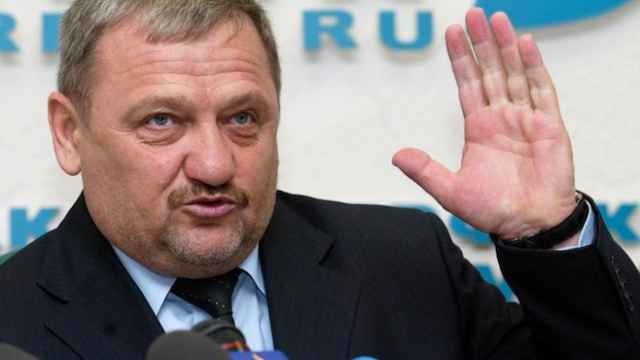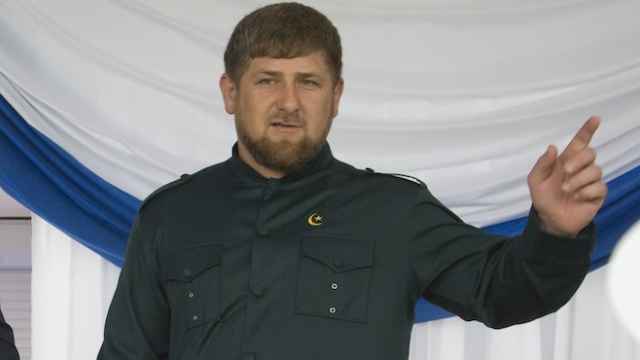Leading NGO Human Rights Watch has published a damning new report on the extent of the crackdown on dissent in Ramzan Kadyrov's republic of Chechnya.
The report, titled “Like Walking a Minefield — Vicious Crackdown in Russia's Chechen Republic,” claims that government critics in Chechnya are routinely threatened, detained (“including through abductions and enforced disappearances”), and subjected to death threats.
The report also found that authorities threaten or physically abuse the family members of “anyone whose total loyalty to Kadyrov they deem questionable.” In an another case reported by the organization, police officials beat a mother and her 17-year-old daughter “in an effort to force them to persuade the father to retract his critical comments.”
Five of the victims HRW spoke to were later “forced to publicly apologize to the Chechen leadership.”
HRW warns that the extent of the crackdown in Chechnya will never see the light of day “because the climate of fear in the region is overwhelming and local residents have largely been intimidated into silence.”
Journalism, the report found, is the most dangerous profession in Chechnya. Kadyrov's authorities have fostered a climate in which “few people dare to talk to journalists, except to compliment the Chechen leadership.” In March this year, masked men attacked a group of Russian and foreign journalists on their way from Ingushetia to Chechnya. The story made the headlines in Russia and even provoked a reaction from Vladimir Putin's press secretary Dmitry Peskov, who called it “absolutely outrageous.”
The reaction from Moscow is inadequate. The Kremlin, HRW says, is clearly aware of the extent of the crackdown in Chechnya, but “has done little more than issue words of concern.”
Human Rights Watch calls for a more resolute reaction from the West and recommends the Council of Europe to hold a public debate on the situation in the region.
Ramzan Kadyrov, a former warlord, has ruled Chechnya since 2007. He is the son of former Chechen President Akhmad Kadyrov, who was assassinated in May 2004. The Kadyrovs came to power following two bloody wars in Chechnya.
In the report, HRW quotes a resident of Chechnya. “When I think back to the war,” the resident says, “we were not as frightened as now.”
A Message from The Moscow Times:
Dear readers,
We are facing unprecedented challenges. Russia's Prosecutor General's Office has designated The Moscow Times as an "undesirable" organization, criminalizing our work and putting our staff at risk of prosecution. This follows our earlier unjust labeling as a "foreign agent."
These actions are direct attempts to silence independent journalism in Russia. The authorities claim our work "discredits the decisions of the Russian leadership." We see things differently: we strive to provide accurate, unbiased reporting on Russia.
We, the journalists of The Moscow Times, refuse to be silenced. But to continue our work, we need your help.
Your support, no matter how small, makes a world of difference. If you can, please support us monthly starting from just $2. It's quick to set up, and every contribution makes a significant impact.
By supporting The Moscow Times, you're defending open, independent journalism in the face of repression. Thank you for standing with us.
Remind me later.




